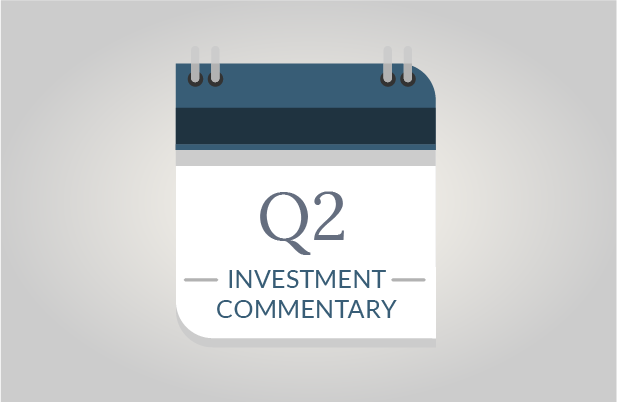The stock market’s been on a tear recently, setting new all-time records, despite a plethora of unsettling headlines about the Donald Trump Presidency, global trade tensions, the North Korean crisis, and more. Like many people, you might be questioning whether to stay invested in the stock market, or sell in preparation for a market downturn.
Market anxiety can be universal at any age, but it often peaks if you’re nearing, or are already in, retirement, when the stakes are higher to protect your nest egg. Whether you’re approaching retirement, a retiree already, or are simply questioning your investment strategy, here are five reasons to stay invested in the stock market, even at market highs.
1. Investing For Longevity
Whatever your age, you hopefully have a long investment horizon ahead of you. Today’s medical advancements mean that many people enjoy as many retirement years as they do working years. This changing structure requires having a portfolio that can sustain you. Cash and bonds are important to cover your short- to mid-term income needs, ensuring you’ve secured a paycheck from your portfolio without having to sell stocks in a down market cycle. However, while these investments shouldn’t be overlooked, they likely won’t provide the growth you need longer-term. Stocks provide significantly greater growth opportunity and are therefore essential for individuals who want to maintain their lifestyle over a period of decades.
2. Combatting Inflation
Inflation remains fairly benign in today’s environment, but it’s still a challenge, particularly to retirees in the current low interest rate environment. If you move out of the stock market, how are you going to re-invest the proceeds? Sitting in cash and bonds might eliminate some risk, but your returns could end up trailing behind inflation, effectively giving you a negative rate of return.
3. Protecting Yourself From Rising Interest Rates
Interest rate risk is the risk of losing money in bonds and other similar investments due to a rise in interest rates. Interest rates and bond prices move inversely to one another, so if rates increase, bonds could lose value. As the Federal Reserve Board is focused on raising interest rates, this is something to be aware of before fleeing the stock market into bonds. History shows that interest rate risk is generally more benign than stock market risk. However, if you move fully into cash and bonds to try and protect your nest egg, you could still be setting yourself up for losses.
4. The Risks Of Market Timing
Study after study demonstrates that trying to time the markets can be dangerous and costly. Missing even a few days of market performance can substantially reduce your overall investment return. If you’re thinking of getting out of the market, you need to ask yourself if you’re prepared to accept flat investment returns while potentially watching the stock market continue to thrive. Changing your mind down the road and buying back in at higher prices is not a winning investment recipe.
5. Stagnant Social Security Plus Rising Health Care Costs
Retirees are already combatting a slow- to zero-growth scenario. Social Security benefit adjustments have been anemic in recent years. At the same time, Medicare premiums and other health-related expenses have continued to escalate. Retirees are feeling the financial pinch, making growth within their retirement income structure even more important. If you abandon the stock market altogether, you’ll need to find another source of wealth growth.
In addition to the reasons above, investors should also take note of the fact that company earnings reports have been rather strong in recent months, helping to support current stock prices, based upon company revenues and performance. This is the best reason investors can hope for as an explanation for rising stock prices because the prices are based upon fundamental company and economic growth.
SageVest Wealth Management is committed to providing sound investment advice that takes your current and long-term considerations into account, within the context of your broader life and wealth objectives. We invest across a spectrum of assets, each carefully selected to help protect and grow your investments. Please contact us if you’d like to discuss your investment positioning in greater detail.




